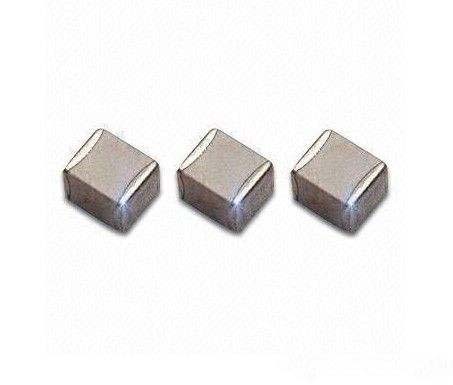In November, Murata SMD Capacitor Manufacturing Co., Ltd. announced the financial report for August and September. Compare with revenue share. SMD capacitors are still the source of Murata's high revenue share. Reached 36.3% of the total industry. As for 5G, automotive, mobile phones and other three major demand areas. Murata believes that there are two bad and one good status quo.
The good point is that the 5G base station order exceeded expectations. The two bad points are that the inventory adjustment time of automotive chip capacitors is prolonged. And the time when demand for smartphone products recovers will also be delayed. The amount of orders and backlog orders received by Murata from July to September for chip capacitors has decreased a lot. The recovery in demand for automobiles and mobile phones has been delayed. This made Murata's last quarter's operating income the first decline in this wave of business cycles.
In terms of 5G base stations, in the past, the supply chain of base station chip capacitors was dominated by Japanese manufacturers. under high pressure requirements. Murata, Taiyo Yuden. TDK and Kyocera are the main suppliers. Today this phenomenon has not changed. SMD capacitor factories such as Taiwanese companies mainly pin their hopes on 5G mobile phones.

However, it is worth noting that automotive chip capacitors have been the best in the past, and most of the smartphone parts inventory has been adjusted. However, thanks to automotive electronics, Murata and Taiyu were nearly fully loaded in the first half of the year. At this quarter's meeting, Murata let go for the first time. The prolonged adjustment time for the inventory of automotive chip capacitors also justifies the exhaustion of the global automotive market, which is lower than expected market conditions. The industry believes that it is mainly affected by the Sino-US trade war.
With the delay of the end of 2019, the price decline trend that interferes with the passive component industry is expected to be reduced. The industry expects that due to the reduction in inventory, the control of capacity utilization by various chip capacitor manufacturers is close to maturity, and there is little chance of contract prices falling sharply.
